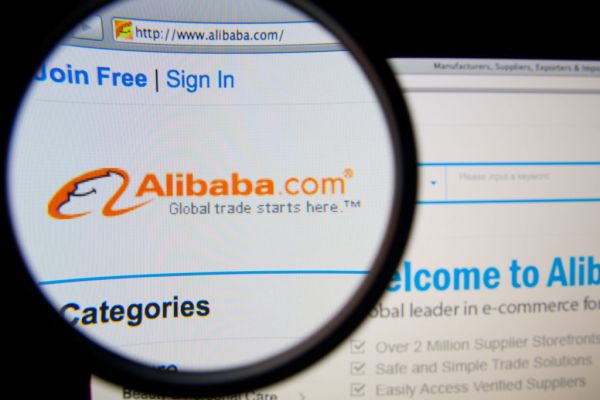Several large Chinese companies, including tech giant Alibaba, are actively looking at opportunities in Turkey and have met with Turkish firms after the lira's sell-off has made local assets cheaper, sources familiar with the talks said.
The talks in Istanbul started in mid-August, when Turkey was at the height of its currency crisis, four sources said, declining to be identified because the information has not been made public.
Future Investment Plans
In addition to Alibaba, which earlier this year purchased Turkish online retailer Trendyol, other companies holding talks included China Life Insurance and conglomerate China Merchants Group,, three of the sources said.
"We met four Chinese groups in just a week. They held more than 20 meetings," one of the sources said, adding that the meetings had been arranged by top US investment banks.
"They are looking into nearly everything."
Alibaba declined to comment on future investment plans. China Life Insurance did not respond to a request for comment while China Merchants could not immediately be reached for comment.
Chinese firms have shown interest in Turkey's infrastructure, mining, energy, retail and insurance industries, three of the sources said.
The heightened Chinese interest comes as the world's second-largest economy braces for an escalating trade war with the United States.
Lira Sell-Off
Turkey's lira has fallen some 40% so far this year, hit by concerns about President Tayyip Erdogan's control over monetary policy and a diplomatic rift with the United States. The sell-off has deepened concerns about the outlook for the Turkish economy while depressing local asset prices.
Turkish energy firms have been particularly hit hard, given that much of their debt and their import costs are denominated in foreign currency, while their revenues are in lira.
"Various China-based energy companies are interested in energy production plants that are having trouble servicing their financial debt," one of the sources said.
Despite the crisis, Turkey retains enviable demographics, making it particularly attractive for consumer-focused industries over the long term. It is home to some 80 million people and with one of the youngest populations in Europe.
Chinese companies first showed interest in Turkey as part of China's Belt and Road Initiative - a vehicle for Beijing to take a greater role on the international stage by funding and building global transport and trade links in more than 60 countries.














